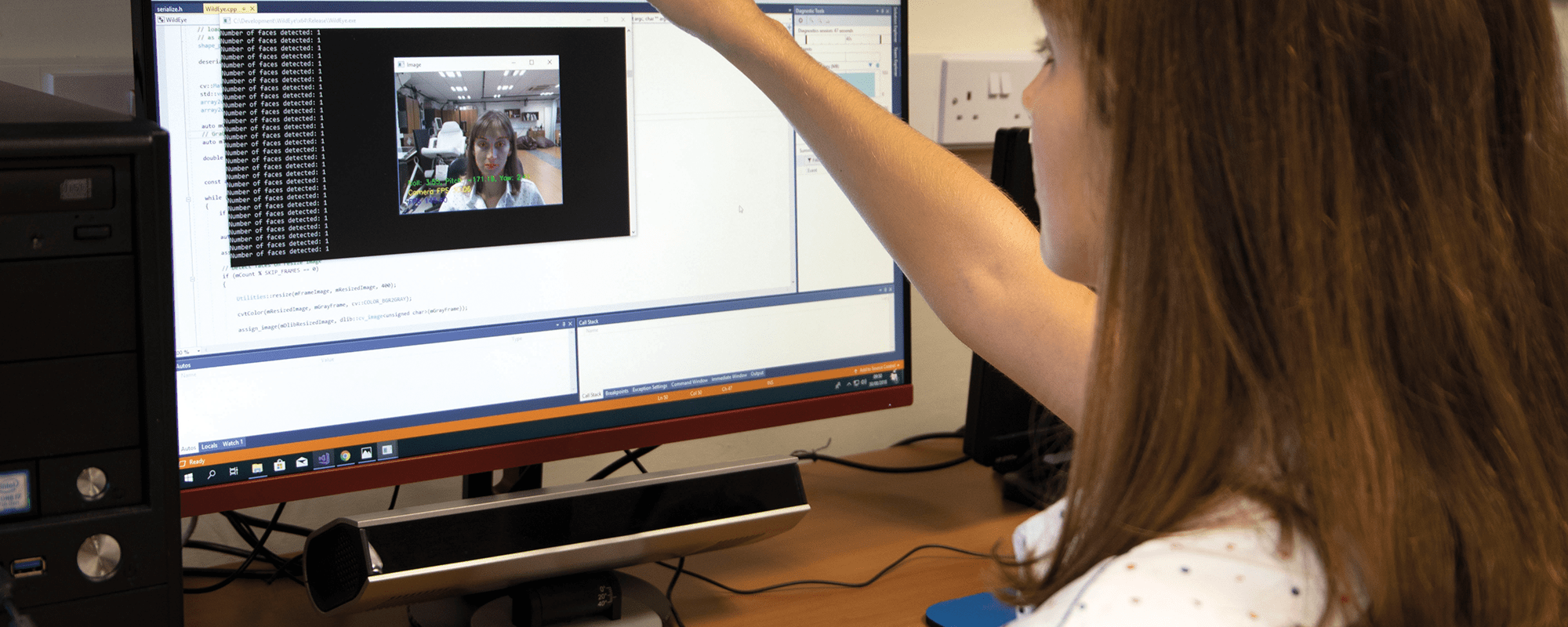How often do your date’s eyes glance down at your chest? Which products do people notice in a supermarket? How long does it take you to read a billboard?
Eye trackers are helping researchers around the world answer questions like these. From analysing user experience to developing a new generation of video games, this technology offers a novel way of interacting with machines. People with disabilities, for example, can use them to control computers. A team at the Department of Systems and Control Engineering (University of Malta) is using a research-grade eye-gaze tracker, worth around €40,000, to test technologies they are planning to commercialise soon.
Continue reading
